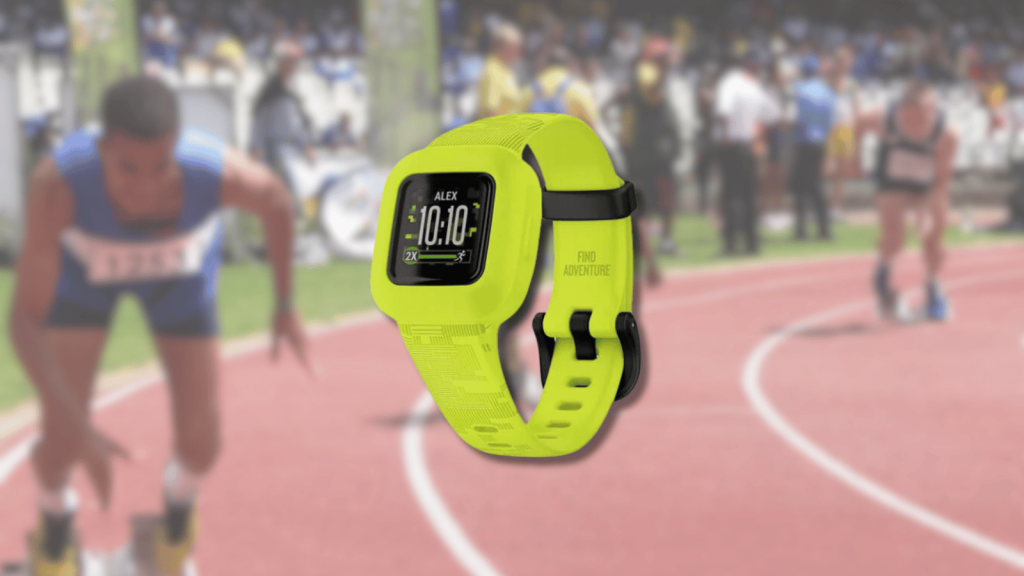Monkey see, monkey do – or that’s what it’s like from your children’s perspective, correct? If mom and dad wear fitness trackers and enforce an active lifestyle, so would the little ones.
It’s always a good idea to encourage your little ones to embrace an active lifestyle. However, introducing your child to fitness tracking from a young age could be harmful. It’s essential to do ample research and consider your child’s individual needs before opting for a fitness tracker.
Should I buy my child a fitness tracker?
Let’s delve into the benefits and potential drawbacks.
Firstly, the positives:
A fitness tracker offers a convenient way to keep track of your child’s exercise routine, providing insights into steps taken and active time through a user-friendly smartphone app.
It can turn fitness into a playful challenge. Real-time data serves as a reward system, motivating your child to stay active and maintain a healthy lifestyle. Some fitness trackers aid in monitoring your child’s sleep patterns, ensuring they get the necessary rest for their (and your) well-being.
Concerned about sensitive information? You can customise the data your child sees on their tracker, steering clear of potentially harmful details like calorie intake or BMI. Foster a positive attitude towards health. Introducing a fitness tracker early on instils a sense of responsibility for one’s well-being.
Now, on the flip side:
The tracking of metrics might inadvertently turn exercise into a perceived duty, potentially overshadowing the joy of engaging in physical exercise.
Despite their user-friendly designs, the constant focus on a fitness tracker may add an extra layer of distraction for your child. Not all data is foolproof. Studies indicate variations in metrics across different trackers, prompting questions about accuracy. Solely relying on this data for health decisions is not advisable.
Lastly, the fixation on numbers can lead to anxiety if goals aren’t met, potentially impacting your child’s overall well-being. So if you have an anxious child – rather skip this one.
Still on board? We’ve sifted through the child fitness tracker and smartwatch cupboard to find the best devices available in SA.
Read More: Keep moving: The best fitness gadgets for 2024
Garmin Vivofit Jr 3 | R2,000

Offering themed designs, motivational features, and an impressive battery life, this tracker ensures that staying active is both fun and rewarding. Ideal for children aged 4 and above, it combines style with functionality.
Xplora XMove | R2,000
With an IP68 waterproof rating and various sensors for movement and sleep tracking, it provides a motivating platform to keep your children moving. Suitable for children of all ages, it encourages a healthy and active lifestyle.
Tikkers | R800
Despite its budget-friendly price, Tikkers provides colourful looks and durability, making it an excellent option for cost-conscious parents.
Biggerfive Vigor 2 | R1,350
With an IP68 waterproof rating, heart rate monitoring, and sports tracking, it caters to children aged 5-12. While it may not match the feature set of more prominent brands, it delivers essential activity and sleep tracking for parents seeking affordability.